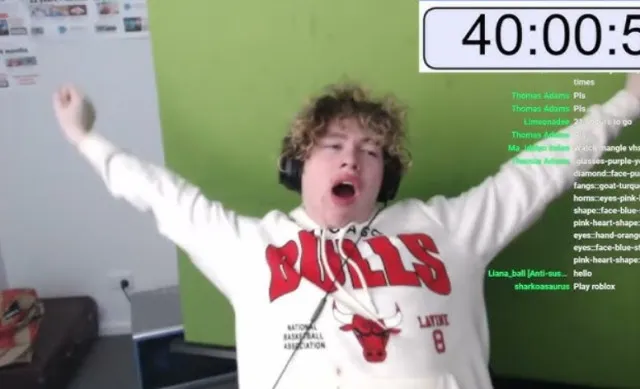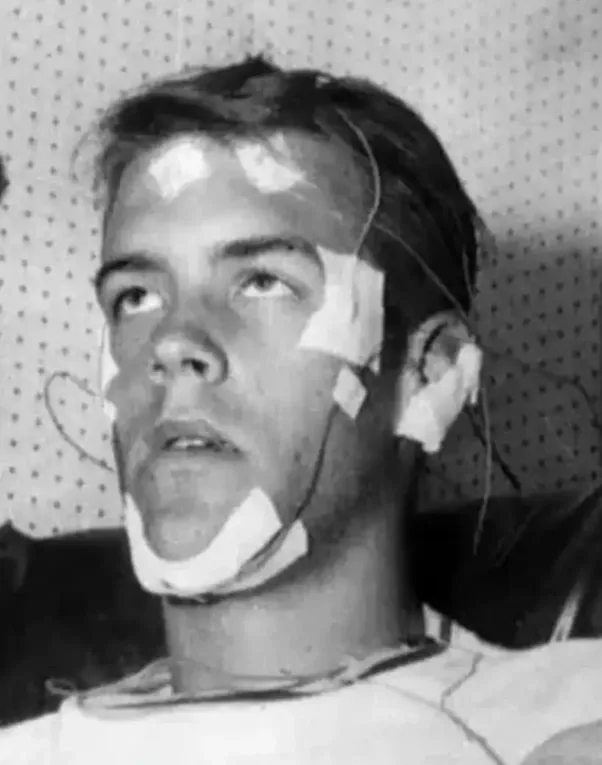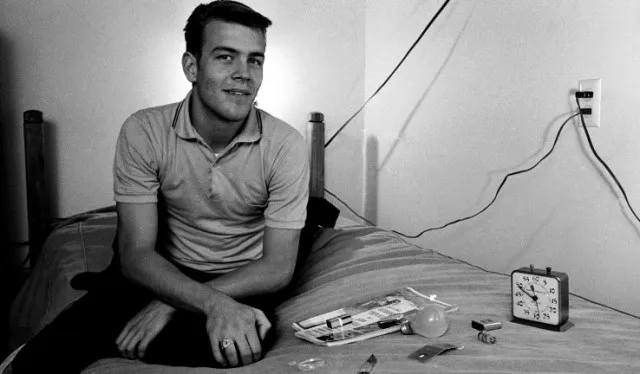A YouTuber live streams himself trying to stay awake for 12 days straight, raising serious concerns about his health. The video quickly caught the attention of many viewers. However, as the challenge happened, concerns about the YouTuber’s health began to surface among those following the stream.

In a concerning new live stream, YouTuber Norme has taken on the challenge of staying awake for an astounding 12 days straight.
He tried to break the world record for the longest time without sleeping, hoping to break previous records and gain more subscribers.
He set up cameras to document every moment, allowing viewers to see him struggle with the effects of sleep deprivation in real-time.
Norme’s brother, Don, is one of the few people who have appeared on the livestream.
He has taken drastic measures to keep his sibling awake throughout the ordeal.

Effects of sleep deprivation
As the days went by, the effects of sleep deprivation became more evident.
In the early days, he appeared tired but was still able to interact with his audience and maintain a sense of humor.
However, viewers noticed a decline in his energy levels and overall well-being as time passed.

His speech became slower, and he seemed to struggle with simple tasks.
The YouTuber also started to experience mood swings and confusion, which are common symptoms of severe sleep deprivation.
Some viewers have even gone as far as to try and determine Norme’s location, in the hopes of sending medical professionals to intervene and ensure his safety.
However, the livestream continues to run, leaving those tuning in deeply worried about the potential consequences of this dangerous stunt.

Randy Gardner holds the longest time without sleep.
The Guinness World Records no longer officially monitors attempts to break the record for the longest time without sleep.
The last individuals to hold this record were Randy Gardner and his friend Bruce McAllister.
In 1964, they set the record at 264 hours (approximately 11 days) as part of a science fair project to study the effects of sleep deprivation.

Gardner’s experience, while impressive, was not without its consequences.
After staying awake for nearly two weeks, he was taken to a naval hospital.
He slept for 14 hours before waking up naturally but admitted to suffering from insomnia for decades afterward.
“I was awful to be around. Everything upset me. It was like a continuation of what I did 50 years ago,” he said.

The dangers of prolonged sleep deprivation are well-documented.
Lack of sleep can cause many physical and mental health issues, including impaired cognitive function and mood swings.
In extreme cases, it can lead to hallucinations and even organ failure.